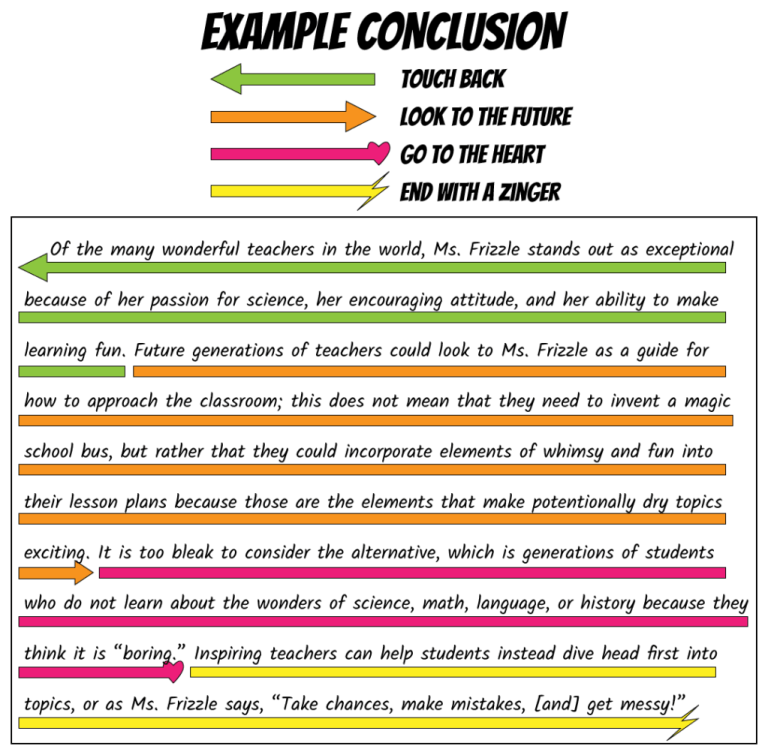How to Write a Good Conclusion to an Essay
Regardless of whether you are writing for an academic or a lay audience, the conclusion is an important part of the paper. A well-crafted conclusion states the main idea of the essay for the first time. Avoid cliches and remorseful sentences. Include a quotation, if applicable. Listed below are some tips to help you write an effective conclusion. These are just a few of the many elements of a good conclusion.
Avoiding cliche conclusion sentence starters
While students may find common phrases to be good essay conclusion sentence starters, it is best to avoid them at all costs. While they may be effective at times, these phrases have become overused and are often found in speech and writing. You should always remember to include your thesis statement in the body of the work. Lastly, you must avoid writing too long, confusing sentences. In short, you should avoid cliche conclusion sentence starters.
A cliche is a term that is overused and whose meaning is uninformative and generic. Cliches usually don’t contain fully developed ideas and are placeholders for more complex discussion. In addition, they don’t make a unique contribution to your writing. So, avoid them if you want your essay to stand out from the crowd. Here are some examples:
State the thesis for the very first time in the conclusion
There are times when writers state the thesis in the conclusion of an essay. This is known as the Sherlock Holmes technique and is intended to avoid giving away too much information too early. Although the idea is to “wow” the reader, this technique is ineffective since readers do not expect a Sherlock Holmes-style investigation to be presented in the conclusion of an essay. Instead, they expect an analytical discussion of a particular topic with the main argument stated up front.
The conclusion of an essay should be short and to the point. It should be informative, but not to the point where readers will be confused. It should give a sense of closure while highlighting the new ideas or possibilities raised. Here is an example: In an essay about the history of the Braille system, the conclusion discusses the background of this technology. In the same way, it discusses the history of the Braille system.
Avoiding remorseful phrases
In the body of the essay, you’ve answered the question, so it’s not necessary to end on a somber note with a few remorseful words. In the conclusion, make sure to emphasize the main points of your essay while avoiding remorseful phrases. The purpose of the conclusion is to summarize the entire essay.
A good conclusion should not contain remorseful phrases, critical assumptions, or a hesitant tone. Instead, state your position clearly and convincingly. Your goal is to give the reader some food for thought and persuade them to agree with you. However, if you are having a hard time deciding how to end your essay, consider going back to the plan and repacking your contention.
Including a quotation
There are several rules when it comes to citing a quote. First, you must introduce the quote and its author. Then, you should include the citation or the author’s name and some commentary. Afterward, you should state the purpose of quoting the quotation. Here are some examples of the proper way to cite a quote. Listed below are some tips for citations.
If you are using a well-known quote, it’s important to choose one that is in tune with the audience. A quote by a professional would only make sense if it was written by someone who has studied in the same field. Avoid using quotes that are too complicated or obvious for your audience. Take into consideration age, gender, interests, and knowledge of US history to make your quote appropriate.
Remember, quotations are a way to support your ideas. They provide background for your arguments. You must keep in mind that quotations should be used sparingly – no more than three per paragraph. Too many quotations will impede your ability to develop your ideas and make your work convoluted. Instead, your essay should contain your own ideas. It’s best to include a quote in the first paragraph of an essay rather than a conclusion.

